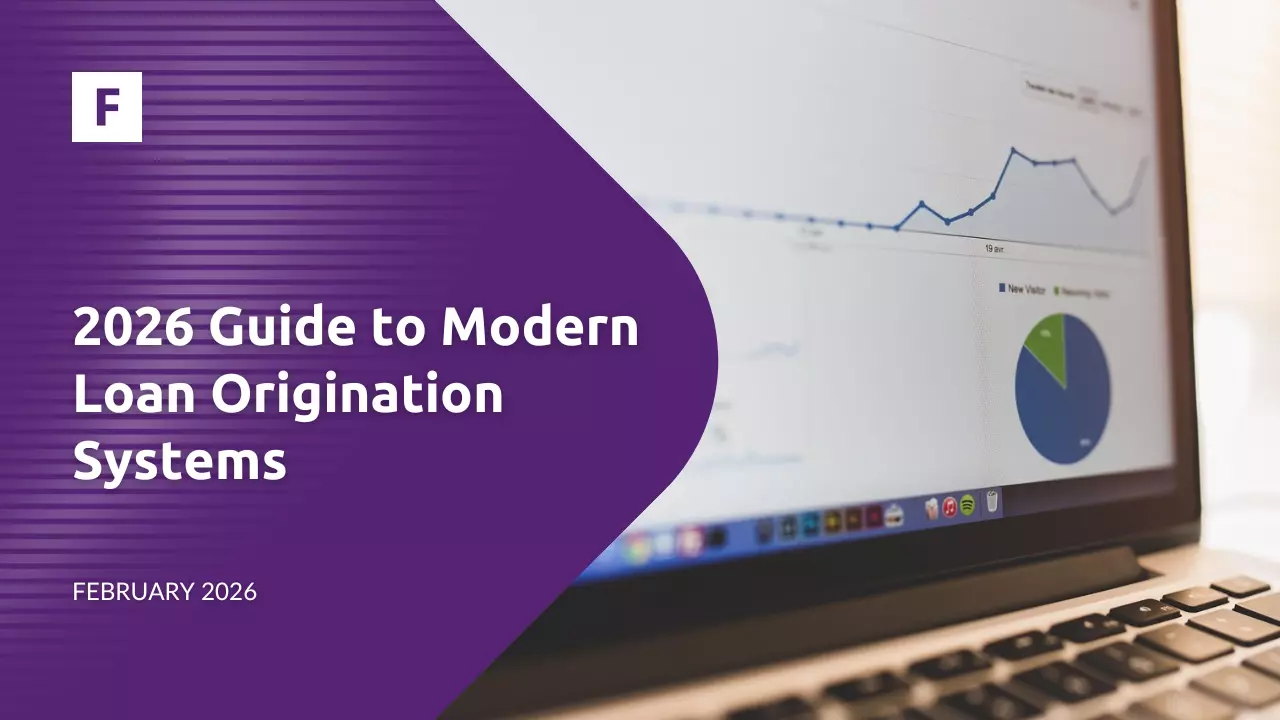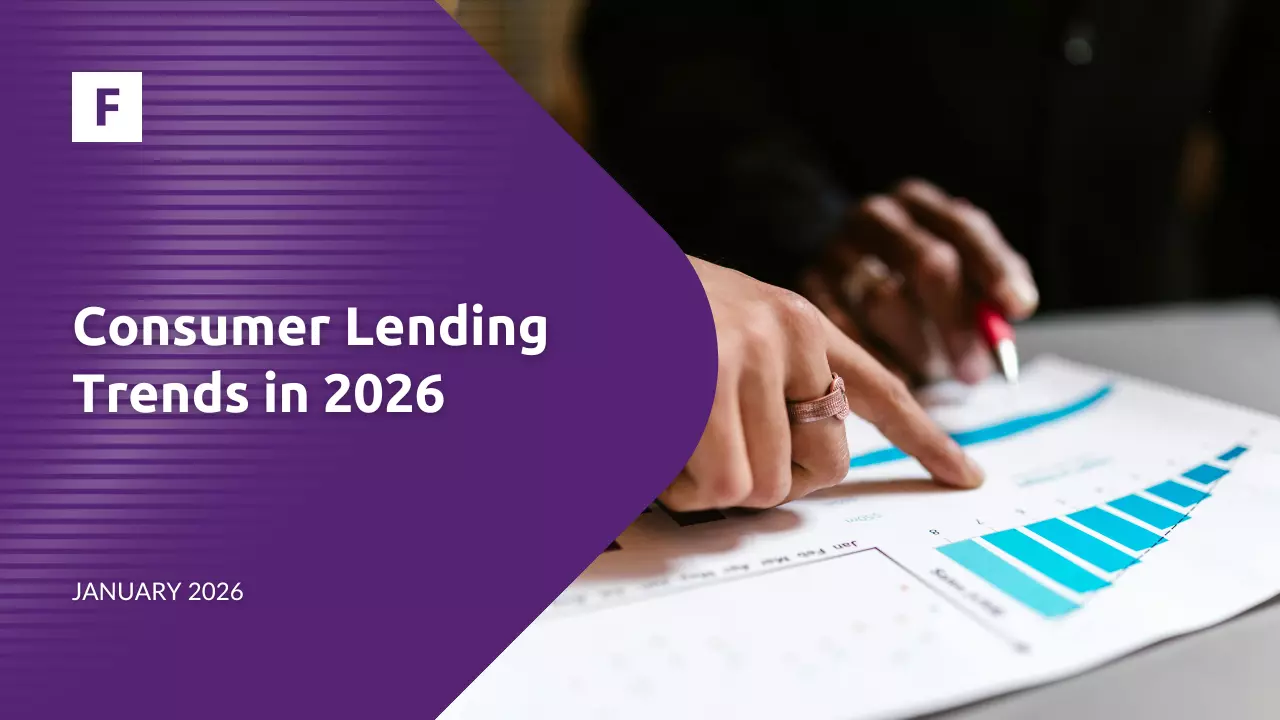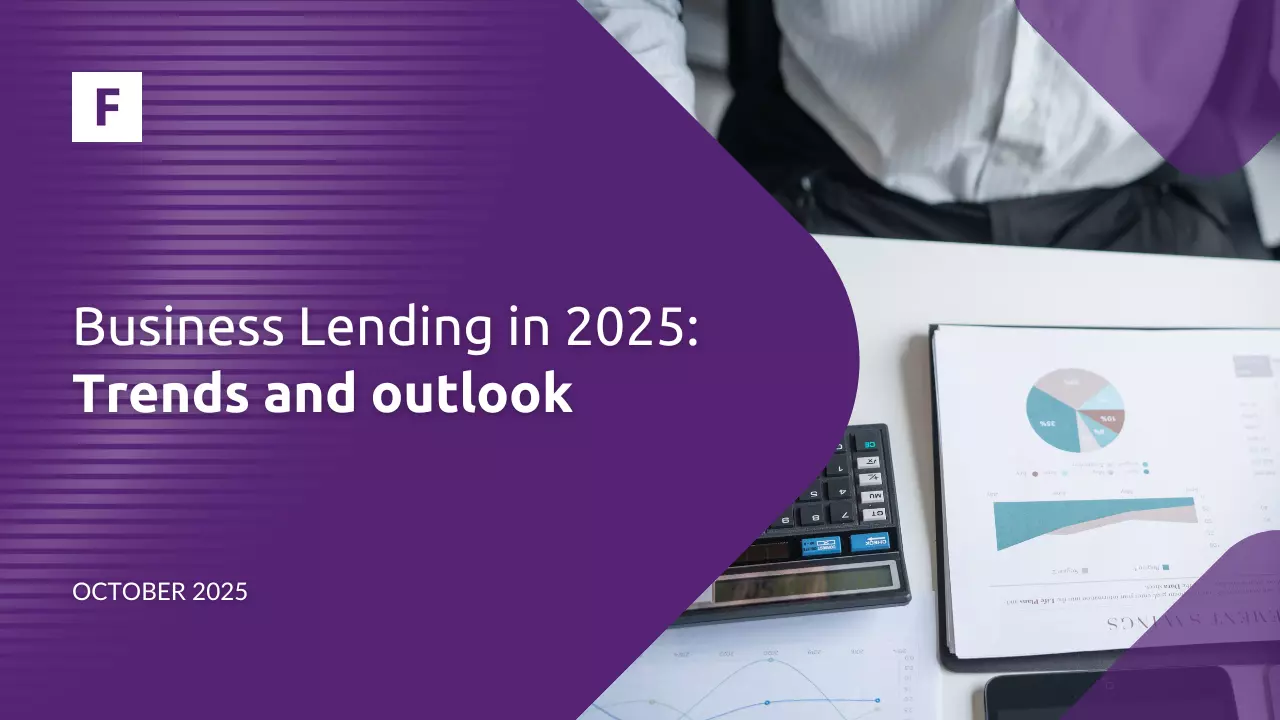This is our first cross blog collaboration, and we are happy to join our partner Pliance to talk about Anti Money Laundering compliance. To get the most out of this union, we invite you to start by reading the first part of this two-part series on Pliance's blog. Once you've done that, come back to our site to continue reading and discover even more insights into this interesting subject.
How Pliance and FTM work together
The financial services industry is currently embracing APIs as a popular means to enable companies to develop new services and applications, which offers transparency options to account holders. Fintech Market offers different integrations that are ready to be implemented on your system.
With FTM’s Pliance integration companies get access to powerful, real-time AML automation within the tools they already use. So they can prevent illegal activities, ensure compliance with regulations, improve efficiency, and reduce potential risks.
The integration of Pliance with Fintech Market allows financial institutions to automate AML processes such as customer due diligence, transaction monitoring, and sanctions screening. This reduces the need for manual intervention and ensures greater accuracy and efficiency in detecting suspicious activities.
The Future of AML Compliance
It has become increasingly important for fintech companies to implement robust AML compliance programs to safeguard their customers' financial transactions as digital payment methods and cryptocurrencies have grown in popularity. Traditional Anti Money Laundry (AML) methods are not enough to fight risk in the current financial industry. Artificial intelligence, machine learning, biometrics and other technological solutions are on the rise.
The use of these technologies can assist in the detection and prevention of fraudulent activities by analyzing large amounts of data and identifying patterns and anomalies that may indicate money laundering or other illegal activities. As a result, fintech companies and regulatory authorities are likely to collaborate more to ensure compliance with anti-money laundering regulations.
According to a report by Raconteur called Fraud and Financial Crime, investing in KYC automation tools can help with regulatory risk reduction and improve revenue generation by accelerating the onboarding process while also improving productivity by reducing the manual tasks.
The future of AML is likely to be shaped by technological advancements, greater focus on data privacy and security, increased collaboration and information-sharing, adoption of new technologies and standards, and heightened regulatory scrutiny. Financial institutions will need to stay abreast of these developments and adjust their AML strategies and processes accordingly to ensure compliance and mitigate risks.
About Fintech Market
Fintech Market (FTM) works in the lending software market, offering a comprehensive no-code lending management system for financial service institutions. The platform covers loans, deposits, current accounts, and investments and includes essential features like CRM, KYC, risk management, and debt management. FTM serves neobanks, SME loan providers, car leasing businesses, and buy-now-pay-later providers in the EU, Mexico, and Indonesia, providing tailored solutions to optimize their operations.







